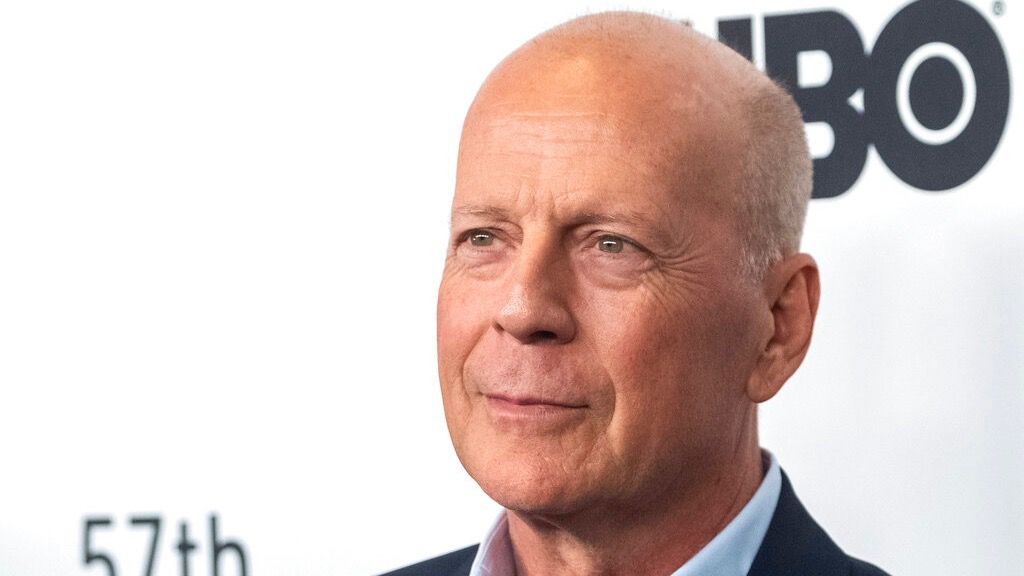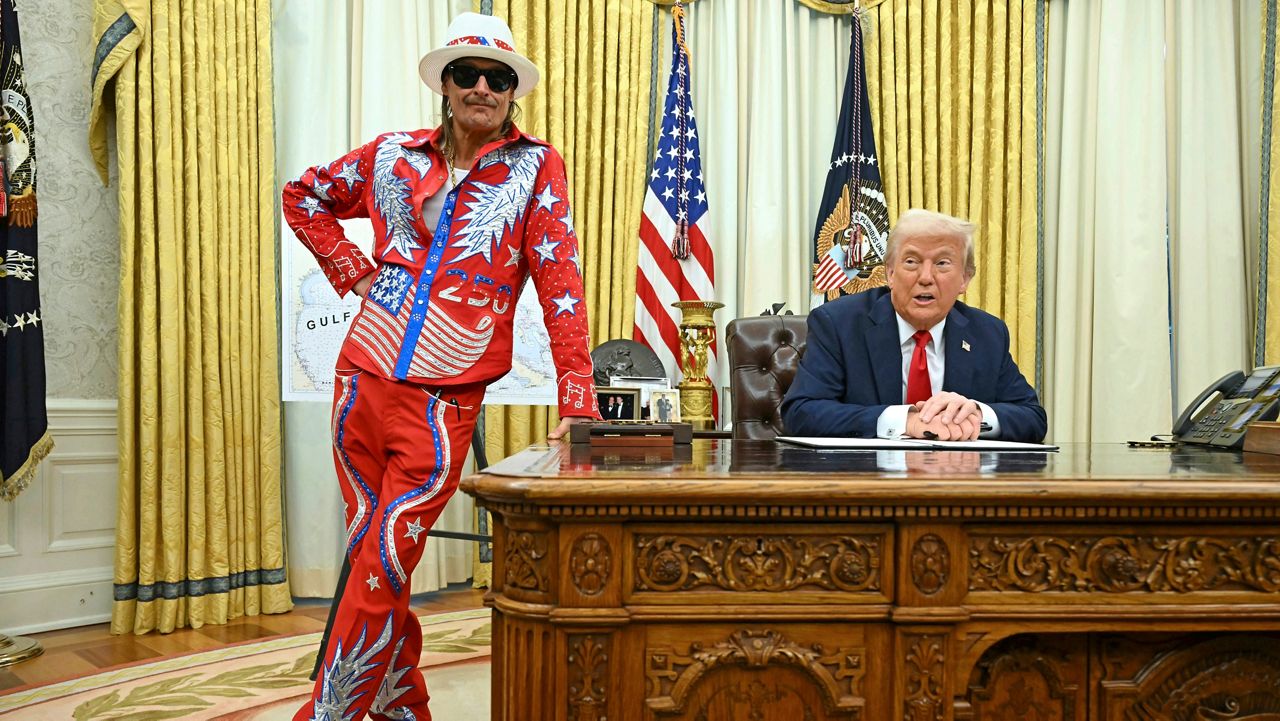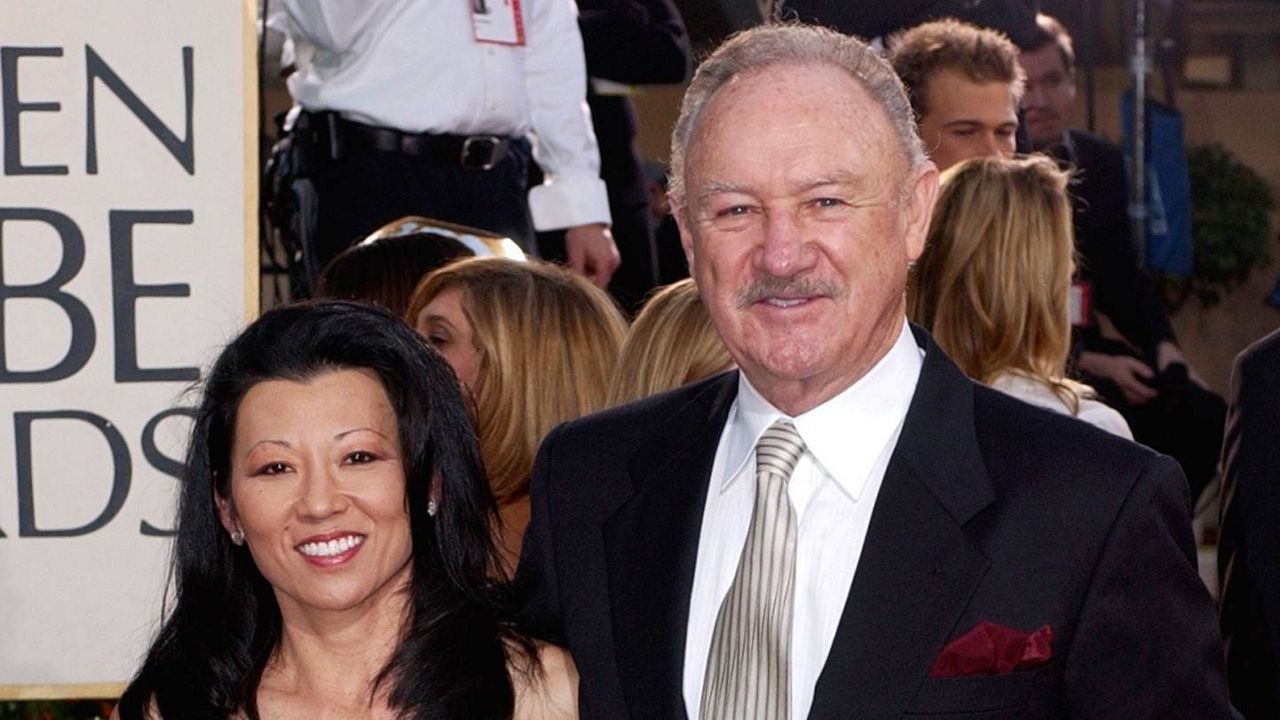The family of Bruce Willis family announced Thursday that the 67-year-old star of both action movies and low-key thrillers has been diagnosed with dementia, a progression from his previous aphasia diagnosis last spring that led to his retirement from acting.
“Bruce’s condition has progressed and we now have a more specific diagnosis: frontotemporal dementia,” said a statement written by Willis’s wife, Emma Heming Willis, his ex-wife, Demi Moore, and his five children. “Today there are no treatments for the disease, a reality that we hope can change in the years ahead.”
Frontotemporal dementia is a variety of degenerative brain disorder that is less common, less well-known and often strikes earlier than Alzheimer’s disease. According to the Association for Frontotemporal Degeneration — the organization through which Willis’s family made their announcement — FTD symptoms most often include personality changes, difficulty communicating and struggles with decision-making.
Average life expectancy, the organization says, is 7 to 13 years after the start of symptoms, and in most cases FTD progression cannot be slowed.
Last March, Willis’s family announced that he diagnosed with aphasia — a condition that impacts a person’s cognitive abilities, as well as their language abilities. He retired from acting shortly after that announcement.
Soon after, reports emerged that Willis’s ability, and well-being, had been on the decline for years, even as he participated in dozens of productions — according to IMDB, he’s been credited in 35 films, shorts and TV shows between 2019 and 2023.
Willis is most well-known for his role in the “Die Hard” series, but his career has been marked by his everyman charm and ability to drop the kind of one-liners that make or break crowd-pleasing blockbuster films.
“Bruce always believed in using his voice in the world to help others, and to raise awareness about important issues both publicly and privately,” Willis’s family wrote. “We know in our hearts that — if he could today — he would want to respond by bringing global attention and a connectedness with those who are also dealing with this debilitating disease and how it impacts so many individuals and their families.”










